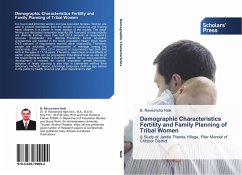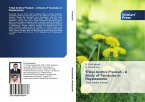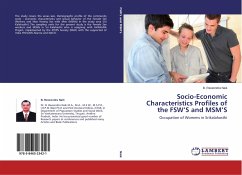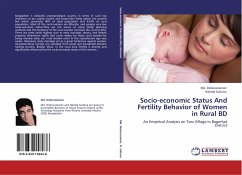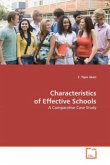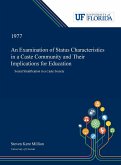It is found well informed women and less educated females. Women are able to protect themselves from the burden of conceiving and rearing more children. It is poorer in lower section of the society. The major finding are discussed hereunder majority (60.7percent) of respondents are illiterate. Further, more than half (57.3 percent) of respondent s spouses (Husbands) are illiterate. Therefore, formal education programmes are needed in the study population. Nearly three fourth (74.0 percent) of respondents married within relationship. Therefore, people are educated on consequences of marriage among the relationship. One third (33.4 percent) of respondents had their first birth at the ages of 17-18 years. Therefore, awareness on evil effects of earlier pregnancies can be propagated. Educational level as well as of the respondents are fertility is inversely related. Hence, socio-economic development is needed for control population growth. Moreover, adaption of family planning is also high in permanent method then temporary methods. Hence, advantage temporary methods age pained to the public by health revenue and other department s staff.
Bitte wählen Sie Ihr Anliegen aus.
Rechnungen
Retourenschein anfordern
Bestellstatus
Storno

